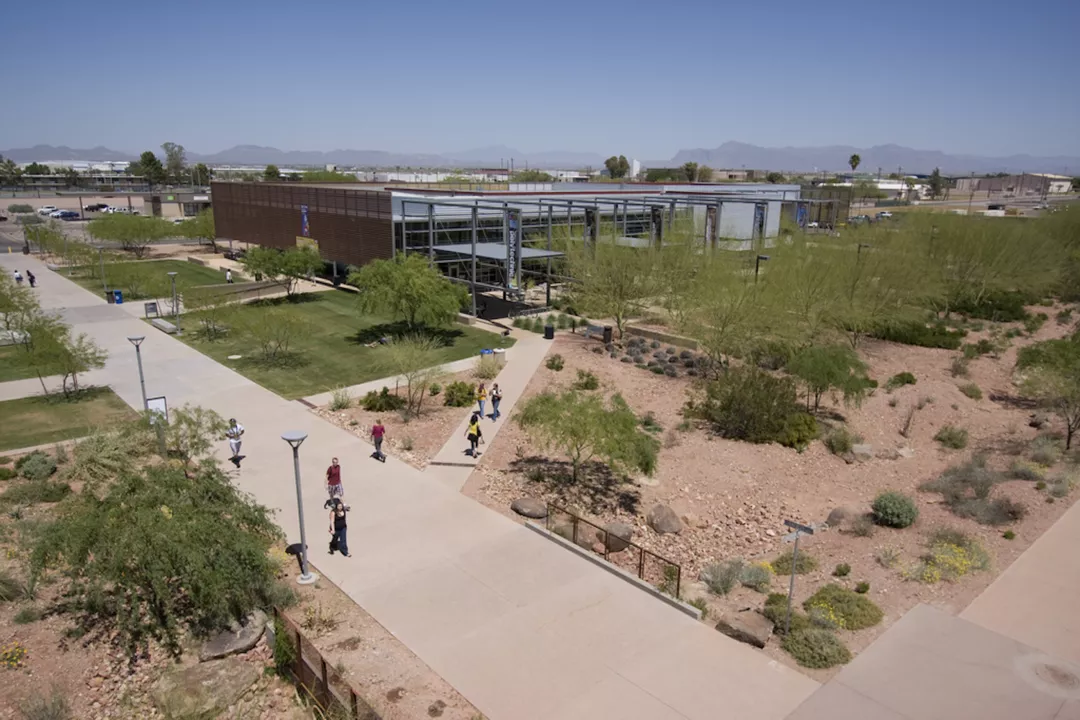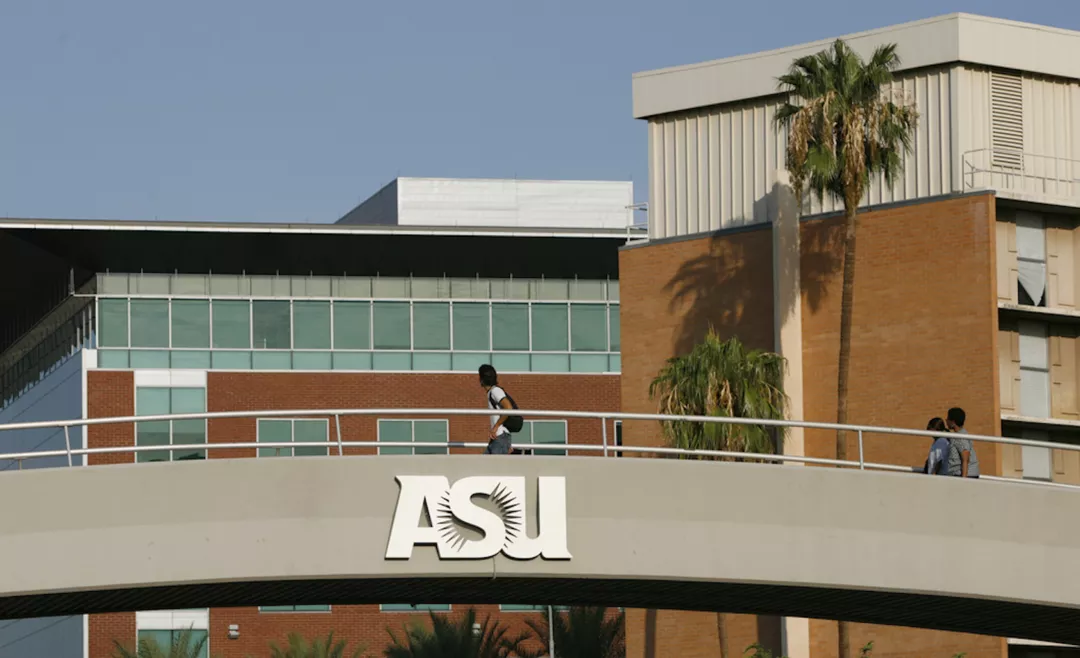-
hello@abroadcube.com
Mail us
-
Call For Help:
98779 83783
-
Whatsapp Us
70090 34921
The MUEP program prepares students to help solve complex social, economic and environmental issues and create healthier, safer and more vibrant communities. The master's degree program emphasizes theories of planning, methods of analysis, effective public engagement, planning processes and creative implementation of planning tools, strategies and approaches. It is accredited by the Planning Accreditation Board. Students who join the program are eligible for certification by the American Institute of Certified Planners after two years of professional practice.
The Master of Urban and Environmental Planning program offers a unique opportunity to integrate urban and environmental aspects of planning in a rapidly developing metropolitan area. Small classes, one-on-one advising and a common core of courses that translate knowledge into practice provide students opportunities to build technical skills and grow their professional network.
As a part of the School of Geographical Sciences and Urban Planning, the program is enriched by school faculty whose research and teaching are grounded in geography, GIS, and meteorology and climatology. Students have access to a wide selection of electives within the school, electives that explore issues such as population and migration, environmental and landscape dynamics, and urban climate systems. The program is also complemented by the participation of faculty from other disciplines within the university and collaboration with leading planning practitioners in the Phoenix area.
| Level | Masters |
| Discipline | Arts and Humanities |
| Duration | 24 months |
| Intakes | Aug |
| Application Fees | USD 0 |
| Tuition Fees | USD 25200 |
| Campus | Tempe |
| Language proficiency (minimum) | |
| IELTS | 6.5 |
|---|---|
| TOEFL | 80 |
| PTE | 60 |
| Duolingo | 105 |
| Exam proficiency (minimum) | |
| SAT | Not Required / Waiver |
|---|---|
| ACT | Not Required / Waiver |
| GRE | Not Required / Waiver |
| GMAT | Not Required / Waiver |
Minimum GPA - 77%
QS Quacquarelli Symonds is the world’s leading provider of services, analytics, and insight to the global higher education sector, whose mission is to enable motivated people anywhere in the world to fulfil their potential through educational achievement, international mobility, and career development.
THE (Times Higher Education) has been providing trusted performance data on universities for students and their families, academics, university leaders, governments and industry, since 2004. We create university rankings to assess university performance on the global stage and to provide a resource for readers to understand the different missions and successes of higher education institutions.
The Academic Ranking of World Universities (ARWU) was first published in June 2003 by the Center for World-Class Universities (CWCU), Graduate School of Education (formerly the Institute of Higher Education) of Shanghai Jiao Tong University, China, and updated on an annual basis
The "Webometrics Ranking of World Universities" is an initiative of the Cybermetrics Lab, a research group belonging to the Consejo Superior de Investigaciones Científicas (CSIC), the largest public research body in Spain. CSIC is among the first basic research organizations in Europe. The CSIC consisted in 2006 of 126 centers and institutes distributed throughout Spain.





